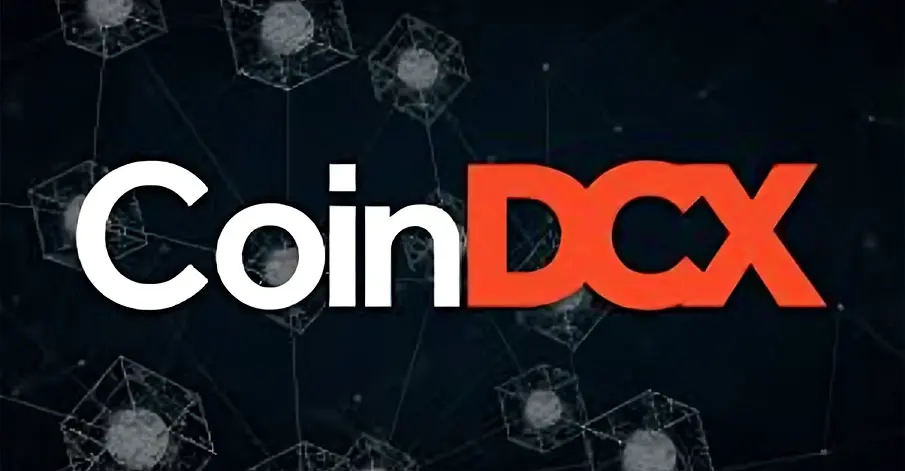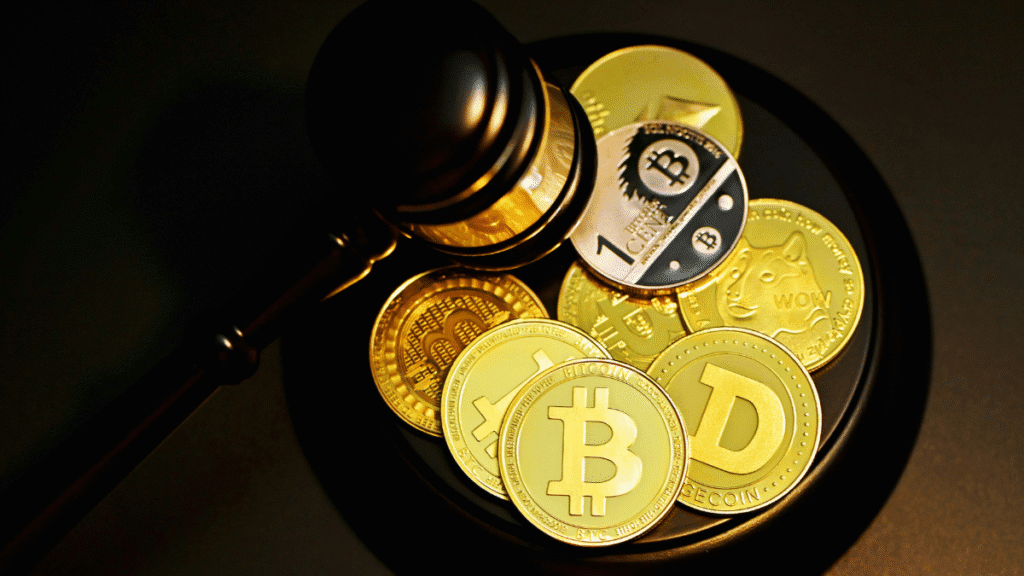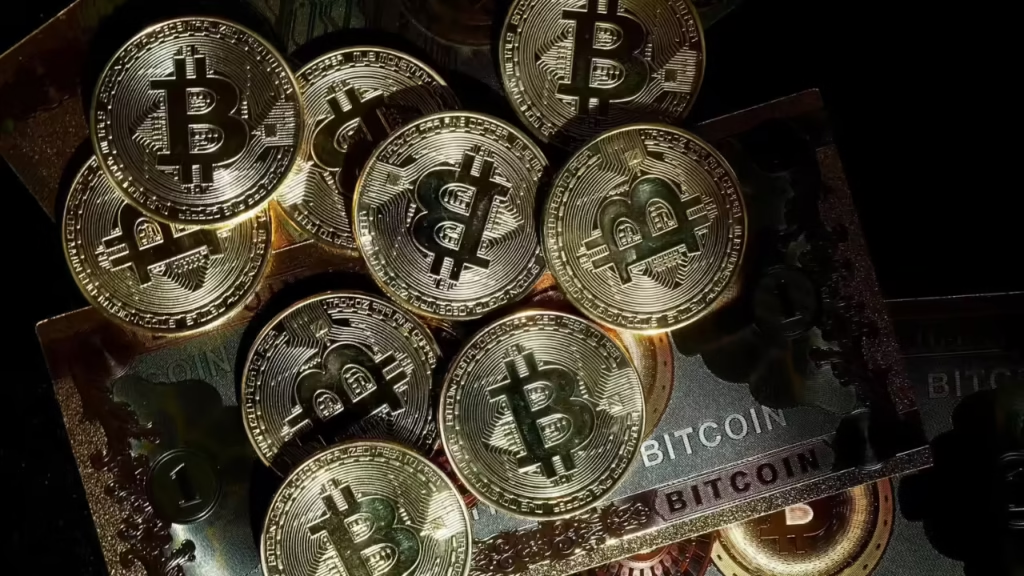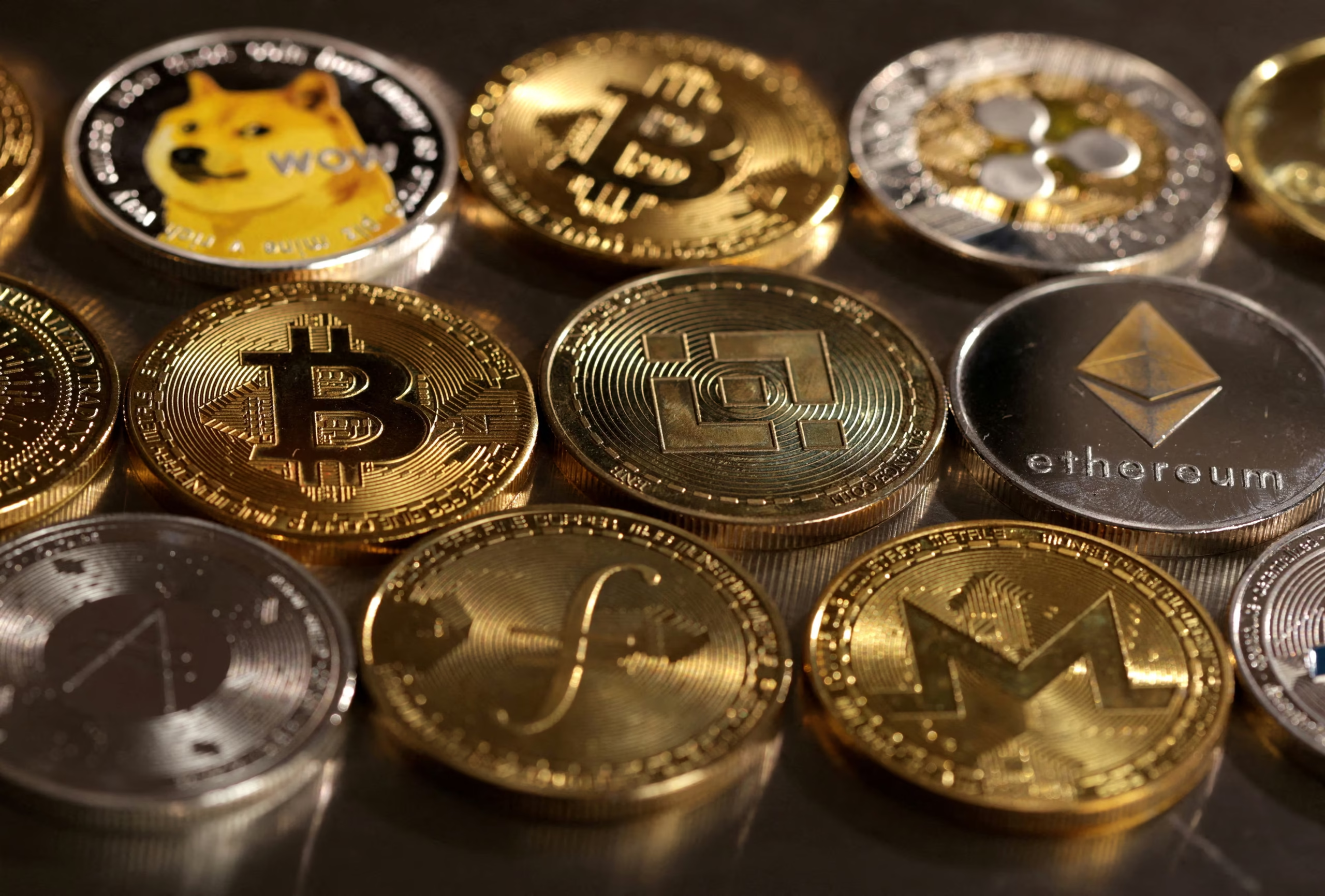Now Reading: Crypto Thefts Cross ₹18,000 Crore in 2025: India’s CoinDCX Breach Raises Fresh Security Alarms
-
01
Crypto Thefts Cross ₹18,000 Crore in 2025: India’s CoinDCX Breach Raises Fresh Security Alarms
Crypto Thefts Cross ₹18,000 Crore in 2025: India’s CoinDCX Breach Raises Fresh Security Alarms

In the first half of 2025, global crypto thefts have already crossed ₹18,000 crore—and India hasn’t been spared. A recent security breach at CoinDCX, one of the country’s biggest crypto exchanges, has triggered serious concern among investors and regulators alike. While no major financial losses were reported from CoinDCX’s side, the breach has reignited discussions on data safety and investor protection in India’s growing digital asset market.
CoinDCX Hit in Alleged Cyberattack
Earlier this month, CoinDCX confirmed that its systems experienced a security incident involving unauthorised access to certain internal data. While the exchange claimed that customer funds remained unaffected, users have reported temporary login issues and delays in trading.
The company initiated a detailed audit and said it has since “resolved vulnerabilities”. However, the episode has raised critical questions about backend security, especially for platforms holding sensitive user data linked to Aadhaar, PAN and mobile numbers.
Crypto Theft On the Rise Globally
This breach didn’t happen in isolation. 2025 has seen a steady rise in cryptocurrency-related thefts worldwide. From phishing scams to sophisticated hacks on international platforms, the digital currency world is under siege.
Many exchanges—especially those without strict Know Your Customer (KYC) policies or multi-factor authentication—are easy targets for cybercriminals. In India’s case, the combination of growing user interest, limited investor education, and patchy enforcement has made things worse.
Tier 2 Cities Face Higher Risk
A significant chunk of new crypto users in India is coming from Tier 2 and Tier 3 cities—places like Nagpur, Surat, Bhopal, and Lucknow. Most users in these areas are first-time investors, often drawn in by the promise of quick returns.
The CoinDCX breach and similar incidents are a wake-up call for these users, many of whom may not fully understand the risks involved. Local awareness campaigns, tighter regulations, and investor education programs are essential to avoid mass-level damage in such towns.
Need for Stricter Safety Standards
With crypto adoption accelerating, platforms need to invest in stronger safeguards—firewall upgrades, internal audits, and user-end protection like biometric logins or cold storage options.
At the same time, India’s regulators must move beyond tax policies and look at frameworks to enforce cybersecurity standards. Exchanges operating without minimum tech compliance could pose systemic risks to lakhs of users.
Conclusion
The CoinDCX breach is a reminder that convenience should never come at the cost of security. As India’s crypto market continues to expand into smaller towns and semi-urban areas, the need for robust infrastructure and informed users becomes more urgent than ever. Whether it’s a Tier 1 city trader or a college student in Amravati—crypto theft doesn’t discriminate. Staying cautious is not optional anymore

























